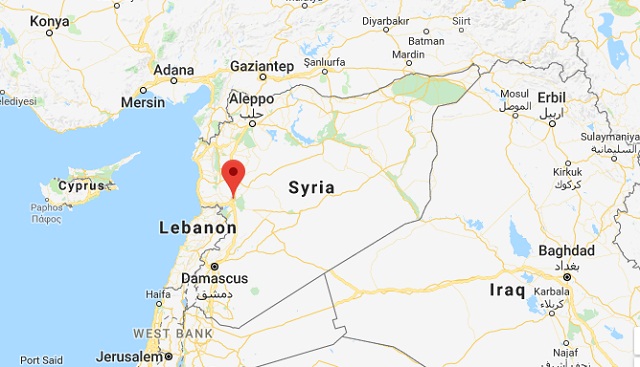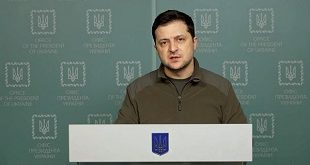
Jaish al-Islam said it was “committed to protecting humanitarian convoys” but warned it would “immediately respond to any violation”.
UN diplomats say Saturday’s Security Council resolution was watered down to ensure it was not vetoed by Russia, which has provided diplomatic and military support to Assad’s regime.
Language specifying that the ceasefire would start 72 hours after adoption was scrapped and the term “immediate” was dropped in reference to aid deliveries and evacuations.
In another concession, the ceasefire would not apply to operations against the Islamic State group or Al-Qaeda, along with “individuals, groups, undertakings and entities” associated with the terror groups.
Syria’s former Al-Qaeda affiliate is present in Eastern Ghouta and Assad’s regime routinely describes all of its opponents as “terrorists”.
Iran’s army chief-of-staff said Sunday that the Syrian military would continue to target “terrorist groups” in Eastern Ghouta.
“The zones on the periphery of Damascus… are not covered by the ceasefire and the offensives and clearing operations by the Syrian army will continue,” said Mohammad Bagheri, according to the official IRNA news agency.
Iran has also been a key ally of Assad’s regime.
UN Secretary General Antonio Guterres, who has described Eastern Ghouta under the bombardment as “hell on Earth,” said the ceasefire must be “immediately” implemented.
– ‘Used to betrayals’ –
In the enclave, news of the UN vote was greeted with a shrug.
“I don’t think this decision will be implemented. It will be respected neither by the regime nor Russia,” said Douma resident Abu Mazen.
“We can’t trust Russia or the regime. We are used to their betrayals,” he added.
Russia has been pressing for a negotiated withdrawal of rebel fighters and their families from Eastern Ghouta, like the one that saw the government retake full control of Syria’s second city Aleppo in December 2016.
But rebel groups have refused.
The rebels in Eastern Ghouta have also been firing into Damascus.
Around 20 people have been killed in eastern districts of the capital since February 18, according to state media.
A total of more than 340,000 people have been killed and millions driven from the homes in Syria’s war, which next month enters its eighth year with no diplomatic solution in sight.
 The Independent Uganda: You get the Truth we Pay the Price
The Independent Uganda: You get the Truth we Pay the Price


